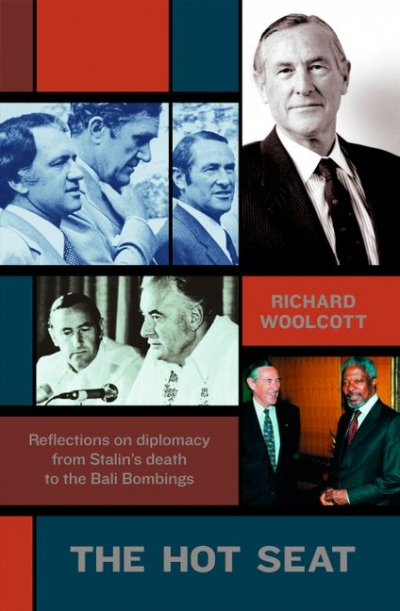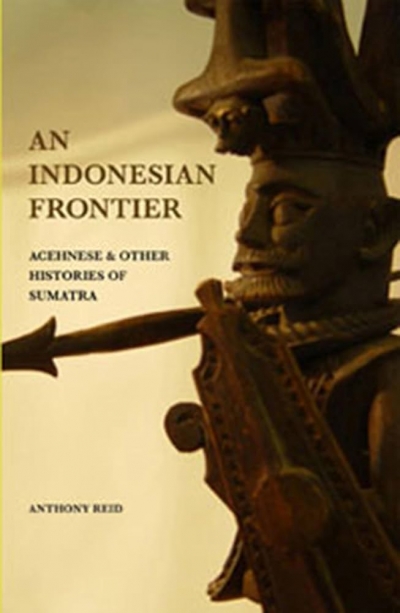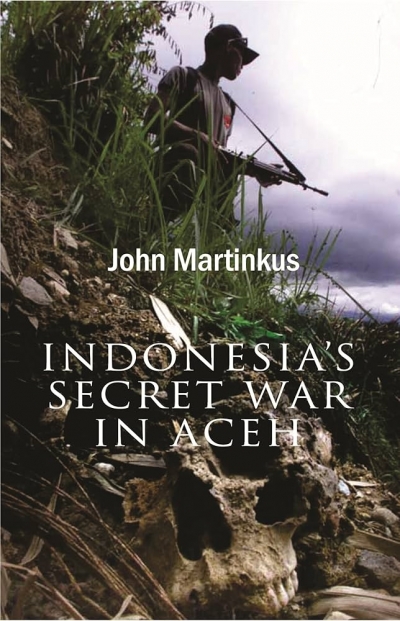John Monfries
The Hot Seat: Reflections on diplomacy from Stalin’s death to the Bali bombings by Richard Woolcott
ABR welcomes letters from our readers. Correspondents should note that letters may be edited. Letters and emails must reach us by the middle of the current month, and must include a telephone number for verification.
... (read more)An Indonesian Frontier: Acehnese and other histories of Sumatra by Anthony Reid
Have the Bali Bombings completely changed our view of Indonesia? Although obviously not designed to do so, these three books provide necessary background on how such an atrocity might be possible in the near-anarchic circumstances of that country. They also give a wide-ranging and informative picture of the present state of Indonesia in all its chaos and uncertainty. They make sobering reading, as if Indonesian politics is a mixture of Shakespearean tragedy, Javanese shadow play and gangster drama: Hamlet, Semar and The Godfather.
... (read more)



